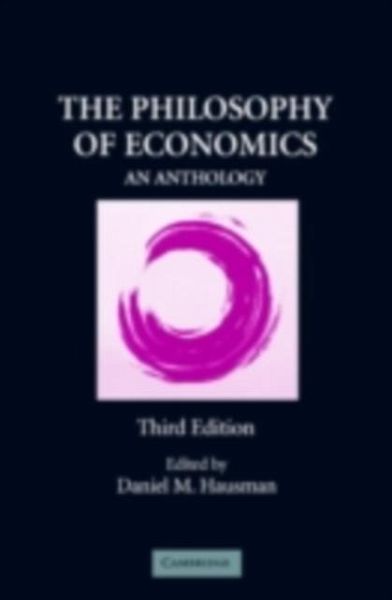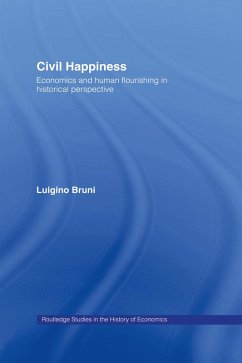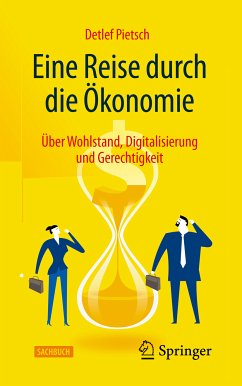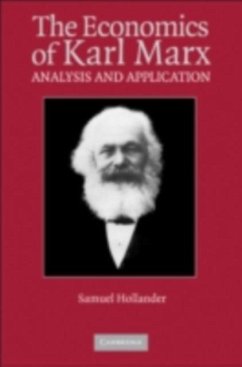
Philosophy of Economics (eBook, PDF)
An Anthology
Versandkostenfrei!
Sofort per Download lieferbar
31,95 €
inkl. MwSt.
Weitere Ausgaben:

PAYBACK Punkte
16 °P sammeln!
An anthology of works on the philosophy of economics, including classic texts and essays exploring specific branches and schools of economics. Completely revamped, this edition contains new selections, a revised introduction and a bibliography. The volume contains 26 chapters organized into five parts: (I) Classic Discussions, (II) Positivist and Popperian Views, (III) Ideology and Normative Economics, (IV) Branches and Schools of Economics and Their Methodological Problems and (V) New Directions in Economic Methodology. It includes crucial historical contributions by figures such as Mill, Mar...
An anthology of works on the philosophy of economics, including classic texts and essays exploring specific branches and schools of economics. Completely revamped, this edition contains new selections, a revised introduction and a bibliography. The volume contains 26 chapters organized into five parts: (I) Classic Discussions, (II) Positivist and Popperian Views, (III) Ideology and Normative Economics, (IV) Branches and Schools of Economics and Their Methodological Problems and (V) New Directions in Economic Methodology. It includes crucial historical contributions by figures such as Mill, Marx, Weber, Robbins, Knight, and Veblen and works by most of the leading contemporary figures writing on economic methodology, including five Nobel Laureates in Economics.
Dieser Download kann aus rechtlichen Gründen nur mit Rechnungsadresse in A, B, BG, CY, CZ, D, DK, EW, E, FIN, F, GR, HR, H, IRL, I, LT, L, LR, M, NL, PL, P, R, S, SLO, SK ausgeliefert werden.













